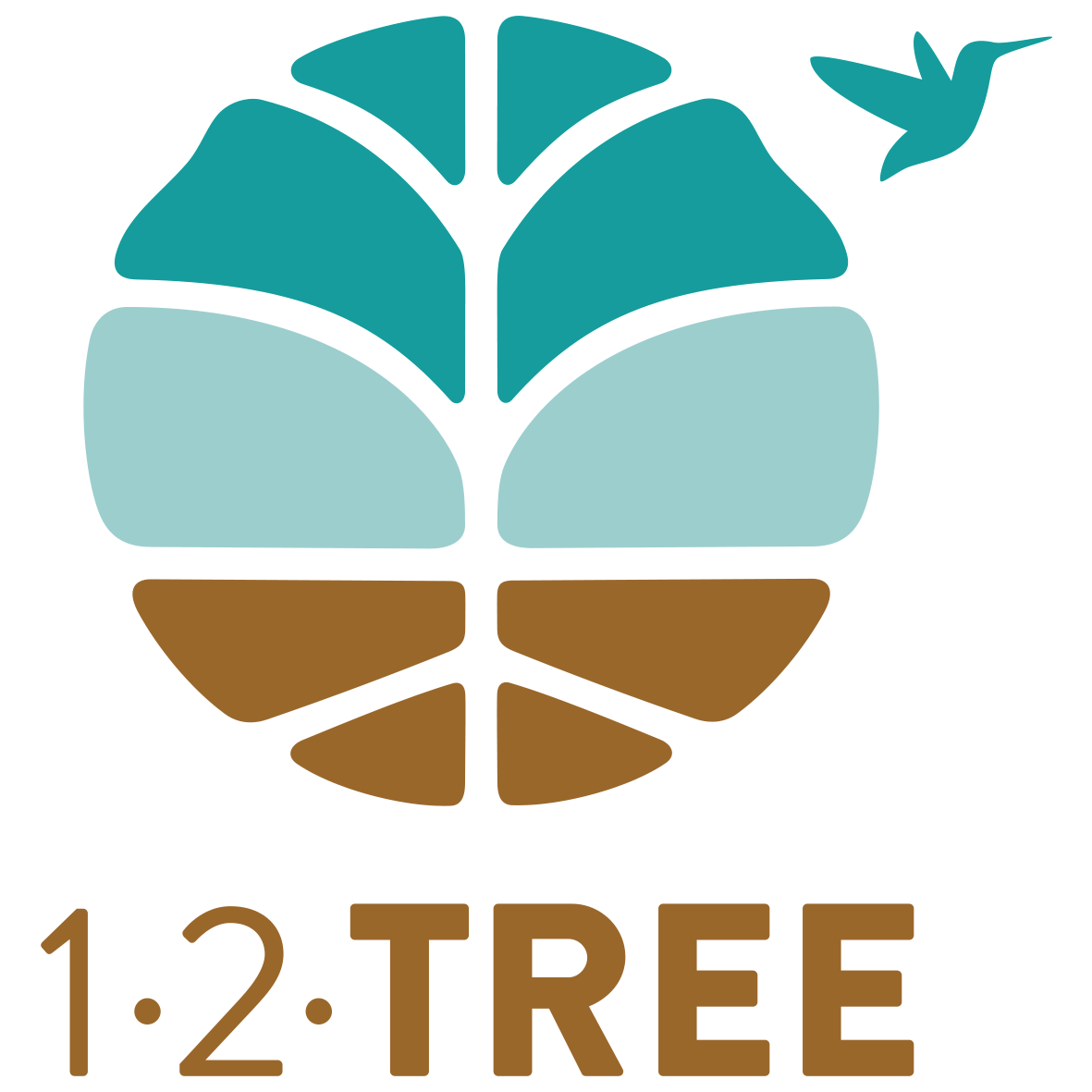We believe that a holistic approach to farming can turn the root cause of many of today’s problems into solutions. Successful outcomes require an intimate understanding of the landscape as well as the challenges facing the people living in it.
Our projects ensure financial returns, but moreover they sequester carbon, restore soils, protect key habitats, encourage ecological diversity, and ensure quality jobs and dignified livelihoods for workers and rural communities. To capture this vision and help translate it into practical actions that we can take -and impacts that we can measure-12Tree developed a “Theory of Change” model to be applied at each individual farm, and across our portfolio.
A Theory of Change (TOC) model explains an organizations path to impact by mapping how actions undertaken by the organization produce both short-term and long-term outcomes. By clearly identifying intended outcomes, a TOC helps an organization to identify the indicators that it should use to track progress towards a goal, and ultimately measure the degree to which the goal is achieved.
The three pillars of sustainable impact
.
Our TOC is structured according to three key areas of sustainability: CLIMATE, COMMUNITY, and BIODIVERSITY. These pillars strategically align with the social and environmental impact verification methodologies of international standards for land management projects aimed at convincingly mitigating global climate change, conserving biodiversity, improving well-being, and reducing poverty in local communities. This includes the standards developed by the Climate, Community and Biodiversity Standards (CCB Standards) developed by Climate, Community & Biodiversity Alliance, a partnership of CARE, Conservation International, The Nature Conservancy, the Rainforest Alliance and the Wildlife Conservation Society.
The 12Tree TOC provides the vision and guidelines for why and how we will drive positive impact through our projects. That vision is made tangible through the detailed and monitorable actions developed in our corporate policies and standard operating procedures (SOP), which we track using progress and impact indicators. Independent third-party verifications and audits from internationally recognized and industryleading certification bodies help us to measure and report our impact to both investors and the general public. In every way, these different components of the Sustainability Framework are complimentary and reinforcing, meaning that as international standards become more rigorous, so too will our policies; likewise, as our vision becomes more ambitious over time, our progress and impact indicators will reflect the higher standards that we are achieving.
From concept to practical implementation
Each individual 12Tree farm builds sustainable practices into its operations in a way that is relevant to the specific ecological, cultural, and agronomic context of a protect. Moreover, the progress and impact indicators tracked by 12Tree are directly aligned with the United Nation’s Sustainable Development Goals (SDGs)- allowing us to evaluate our contribution towards these universal goals.
We look forward to reporting our progress and impact using this new framework from 2022 onward.
This article is an extract of the 2022 12Tree Sustainability Report




